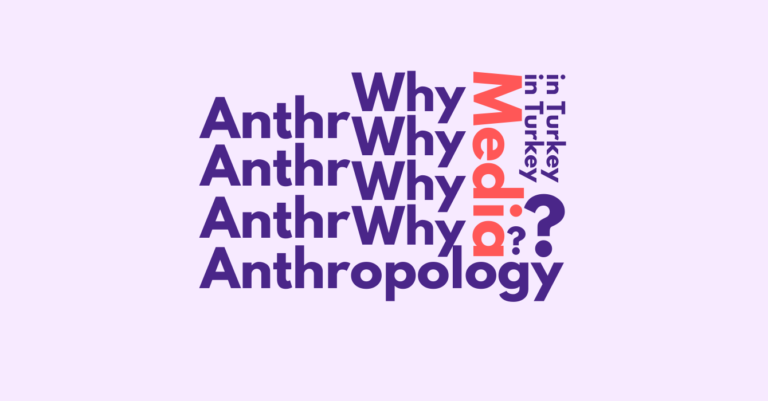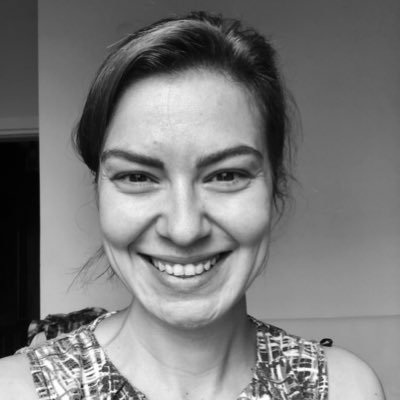In her review article in 1993, Debra Spitulnik writes, “there is as yet no ‘anthropology of mass media’” (1993: 293). In the more than twenty years following her piece, not only have media emerged as a more mainstream area of inquiry within the discipline of anthropology but media scholars outside of anthropology have increasingly approached ethnography as a critical method to scrutinize media processes. The emerging eld of media anthropology highlighted “the necessity of linking media production, circulation, and reception in broad and intersecting [local, regional, national, and transnational] social and cultural fields” (Ginsburg et al. 2002: 6). This emphasis, in turn, enriched media studies both methodologically and theoretically. Today if there is an ethnography of media, still emerging yet much more established than it was before, it is an indirect outcome of the ideological, conceptual, and methodological disciplinary self-questioning many anthropologists undertook within the last few decades. This self-questioning, shaking the grounds of anthropological authority, came into being as a response to the post-colonial world order (Abu-Lughod 1991; Appadurai 1996; Gupta and Ferguson 1997a, 1997b). The post-colonial critique led to new conceptualizations of culture and fieldwork as de-territorialized and multi-sited (Marcus 1995; Hannerz 1998).
Anthropological literatures of media continue to expand globally with diversely located and multi-sited ethnographies. Turkey is emerging as a distinct ethnographic locale as research on media in the Turkish context offers fruitful opportunities to press beyond the current understandings of culture and fieldwork in the anthropological discipline. This workshop builds on and seeks to expand this emerging tradition of media ethnography. In Turkey, the ecosystem of the print, broadcast and digital media constitutes a broad and complicated structure operating on local, national and transnational levels in myriad ways. For example, the expanding network of over thirty national terrestrial television channels seems to dominate the country’s mediasphere, forging the preferences, as well as patterns, of media consumption. Also there are nearly 2000 television and radio stations in Turkey, some of which have transnational ties, and broadcast not only for a local population but for diasporic religious or ethnic communities abroad. Moreover, the growing soap opera industry produces television series, which are imbued with Turkey’s cultural specificities, but geared towards international audiences in Europe, the Middle East and South America rather than a national audience.
In this context, more anthropologists of media are showing an interest in Turkish media, a media system that proves more complicated to inquire about each passing day and is still more susceptible to scholarly exploration. The subject matters of these studies show diverse foci from the politics of news production (Aşık 2015, Yeşil 2016) to popular culture and television reception (Özçetin 2013, Carney 2014, Çaylı-Rahte 2013) from lm circulation (Koçer 2013, 2014) to the urban poor’s use of media (Ergül et. al. 2014) from workplace ethnography (Kartarı 2013) to new social movements (Çelik 2013; Turan and Özçetin 2016). The recent debates (Pink et. al. 2016; Horst and Miller 2012; Horst 2012; Boellstorff 2012; Coleman 2010) on reconsidering the relationship between the “virtual” and the “real” in ethnographic terms open up countless venues for considering various transformations of Turkey’s mediasphere (Costa 2016; Saka 2014; Binark 2015; Yalkin et.al. 2014). Reflecting on these matters, the workshop sessions will elaborate on theoretical orientations, methodological challenges, and future orientations for media anthropology in Turkey. The participants will be encouraged to make an original contribution to the re-definition of culture and to fieldwork within the national and transnational context of the media ecosystem in Turkey.

